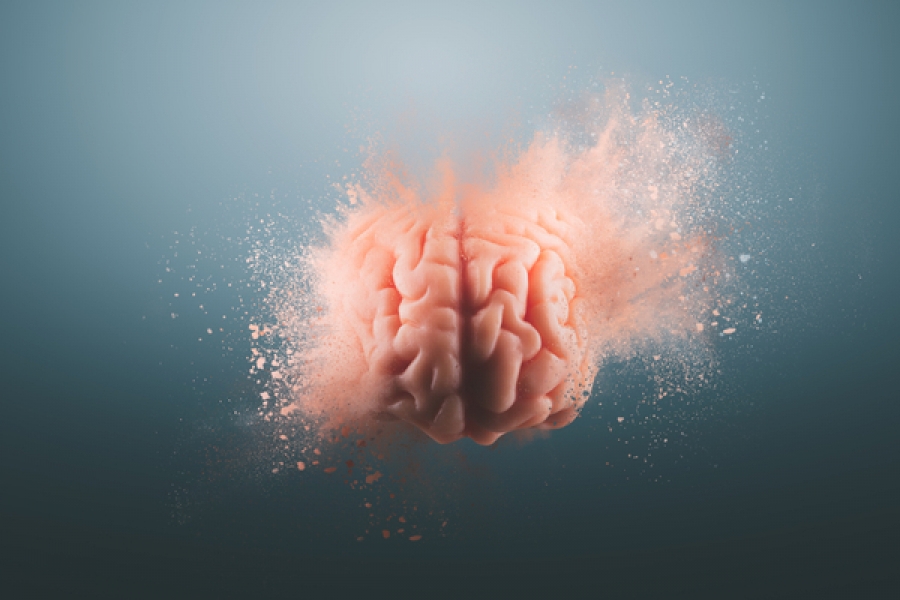If you’ve been looking for an alternative way to treat your anxiety, depression, or other mental health disorders, you may have heard about neurofeedback. You may also have found yourself wondering exactly how this brain training works and whether or not it could help you. At Braincode Centers, we are here to break it all down today. Here’s what you need to know about neurofeedback in Colorado.
What is neurofeedback?
Neurofeedback is a type of biofeedback that’s targeted towards your brain. This therapy utilizes EEG technology to provide real-time feedback about your brain wave activity. If you’re unfamiliar, brain waves refer to the naturally-occurring “electricity” that’s present in your brain at any given time. Brain waves can range from slow- to fast-moving and the frequency in which they move greatly impacts how you think and feel.
For example, too many fast-moving brain waves can contribute to anxiety. And on the other hand, too many slow-moving waves can contribute to an inability to focus.
How does neurofeedback work?
Neurofeedback treatment will begin with a consultation with a clinician. During your consultation, you’ll be able to talk about the symptoms you’re experiencing and any past treatment options you may have tried.
If your clinician determines neurofeedback is a treatment option worth exploring, you can expect to complete a qEEG brain map. During this procedure, electrodes are placed on specific locations on your scalp to measure your brain wave activity and identify areas that are out of balance. With this information, your clinician will develop a personalized treatment plan to address your needs.
During a neurofeedback treatment session, a positive stimulus—usually a movie, song, or game of your choosing—will play when your brain waves reach a normal range, signifying an efficient state of activity. When your brainwaves fall outside of that normal range, the movie, song, or game stops playing. This type of real-time feedback helps you improve self-regulation and over time leads to long-lasting changes in the way your brain functions.
What does neurofeedback treat?
Neurofeedback can treat a wide range of symptoms and conditions including:
- ADHD and focus-related disorders
- Anxiety
- Autism Spectrum Disorder
- Attachment Disorders
- Concussion and TBIs
- Depression
- Insomnia
- Migraines
- Mood disorders
- PTSD and Trauma
Neurofeedback can also be used to increase overall brain performance. Many athletes and professionals use it to improve their clarity, focus, and sleep.
Is neurofeedback new?
Believe it or not, the technique of neurofeedback was first used in the 1950s. Professional sports teams and organizations like NASA have been leveraging this powerful brain training method for decades. And thanks to advancements in science and technology, neurofeedback is now becoming an increasingly accessible treatment option.
What are the benefits of neurofeedback compared to more traditional treatment options?
Neurofeedback isn’t just gaining popularity because of increased accessibility. There are many reasons people are opting for this type of treatment in addition to, or instead of, prescription medications and/or talk therapy. Here are some of the top benefits of neurofeedback:
- There are no side effects
- It’s all-natural and non-invasive
- It leads to long-lasting relief
- It treats the problem at the source instead of just managing the symptoms
- It helps you feel more in control
Find neurofeedback in Colorado near you
If you’re interested in talking to a specialist about neurofeedback in Colorado, reach out to us at Braincode Centers. With three locations across the Denver-metro area, we are proud to offer this cutting-edge therapy to help you live your happiest, healthiest life.
Contact us today to schedule a free consultation or learn more about our remote neurofeedback options.

